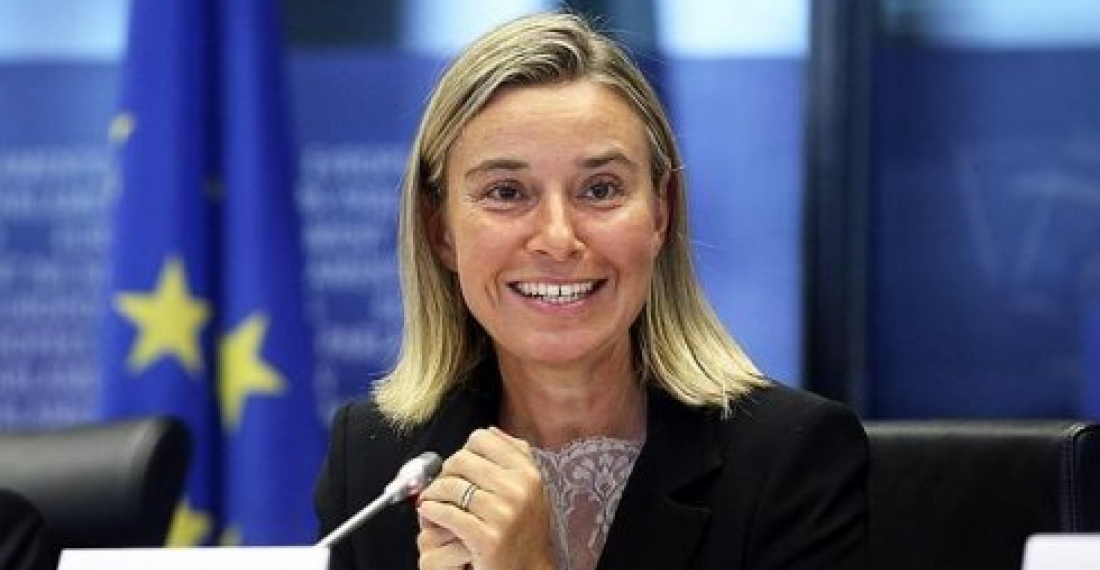Верховный представитель ЕС по иностранным делам и политике безопасности Федерика Моргерини провела телефонный разговор с новым премьер-министром Армении Николом Пашиняном вскоре после его избрания на пост в минувший вторник. Могерини поздравила Пашиняна и пригласила его посетить Брюссель при первой же возможности, чтобы обсудить двусторонние отношения. В ходе разговора стороны согласились о важности партнерства между Европейским союзом и Арменией и заявили, что с нетерпением ждут личной встречи.
Моргерини и Пашинян обсудили последующие шаги после его избрания на пост премьер-министра парламентом Армении, включая будущее формирование правительства, а также затронули дальнейшие возможности укрепления связей между Европейским союзом и Арменией. Они также кратко обсудили приоритеты внешней политики, в том числе нагорно-карабахский конфликт, мирное урегулирование которого остается, как заверила Верховный представитель, первоочередной задачей для Европейского союза.
Верховный представитель Федерика Могерини выразил надежду на сотрудничество с премьер-министром Пашиняном и, в будущем, с его правительством.
источник: commonspace.eu по материалам пресс-службы Европейской службы внешних действий







